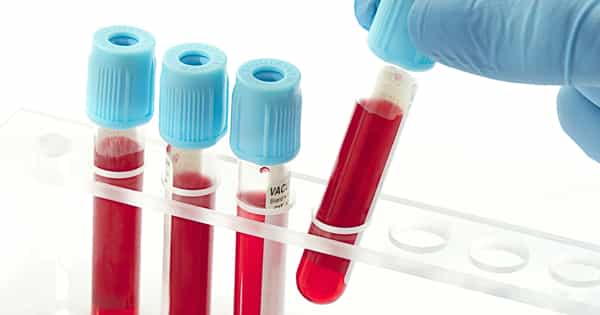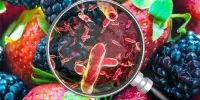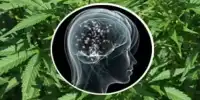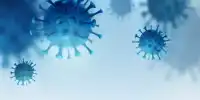A new blood test can determine the severity of a person’s depression as well as their risk of developing severe depression in the future. In recent years, it has become increasingly clear that clinical depression can leave biological traces throughout the body, and experts now want to use this knowledge to improve the way it is treated. The test can also tell you if you’re at risk of developing bipolar disorder. According to the researchers, the blood test can also help in tailoring individual options for therapeutic interventions.
In most cases, the doctor will perform a physical exam and order specific lab tests to ensure that your depression symptoms aren’t caused by a medical condition such as thyroid disease, vitamin D deficiency, or another. If your symptoms are linked to another serious illness, treating that illness may help alleviate your depression.
Blood biomarkers are naturally occurring characteristics in the blood that can be read as indicators of a person’s health. Reading biomarkers has long been used to diagnose diseases and cancers, but applying them to mental health is a relatively new concept. The team now believes they have figured out how to use blood biomarkers to screen patients for depression and bipolar disorder.
Blood biomarkers are a naturally occurring characteristic in the blood, which can be read almost like signs into the health of a human. Scientists believe they know how to use blood biomarkers to read a patient for depression and bipolar disorder.
According to research published in the journal Molecular Psychiatry, scientists can now determine the severity of a patient’s depression using biomarkers in a simple blood test. The project’s researchers at Indiana University School of Medicine say they created the test to make mood disorder diagnosis and treatment not only more precise and objective, but also to help doctors provide better and more personalized care, eliminating the subjectivity and trial and error that currently exists in depression treatment.
“This is part of our effort to bring psychiatry out of the nineteenth century and into the twenty-first,” said lead study author and IU psychiatrist Alexander Niculescu in a press release. “To help it become more like other modern fields, such as oncology.” Ultimately, the goal is to save and improve people’s lives.”
They discovered that the biomarker signatures revealed new or repurposed candidate drugs during the process. Pindolol, ciprofibrate, pioglitazone, and adiphenine, as well as the natural compounds asiaticoside and chlorogenic acid, were highlighted as potential new antidepressants.
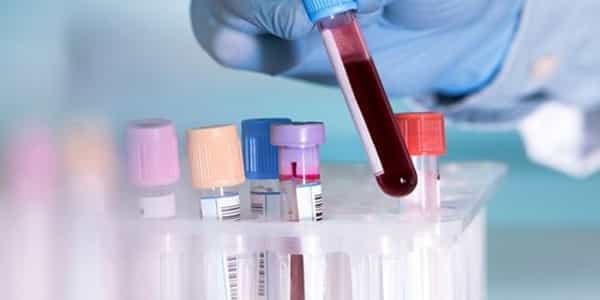
The research provides a far more detailed look at how depression evolves over time, even down to the scale of an individual’s circadian rhythm. With all of that information, the researchers claim they will be able to develop and deliver far more precise treatments tailored to each patient’s unique case.
The researchers developed a blood test made up of RNA biomarkers to determine the severity of a patient’s depression. They can also read the blood test to see if the patient is at risk of developing severe depression in the future, as well as the risk of bipolar disorder.
While this blood test examines biomarkers to better understand a person’s mental health, it can also provide highly specific advice on what type of pharmaceutical treatment would be best for that individual.
“Through this work, we hoped to develop blood tests to distinguish between depression and bipolar disorder, and to match people to the appropriate treatments,” Niculescu said in a press release. “Blood biomarkers are emerging as important tools in disorders where an individual’s subjective self-report or a clinical impression of a health care professional are not always reliable.
“These blood tests can open the door to precise, personalized matching with medications, and objective monitoring of response to treatment,” he added. From this approach, researchers were then able to demonstrate how to match patients with medications–even finding a new potential medication to treat depression.
Depression is curable. As a result, a diagnosis of depression can set you on the path to a healthier life free of feelings of helplessness, hopelessness, and worthlessness. If your doctor diagnoses you with depression, you must adhere to the treatment plan in order to recover. It is critical to take the medications exactly as directed. You must also follow through on making lifestyle changes and working with a psychotherapist if your doctor suggests it. Millions of people who suffer from depression suffer needlessly because they do not receive professional help, which begins with a doctor’s diagnosis.
